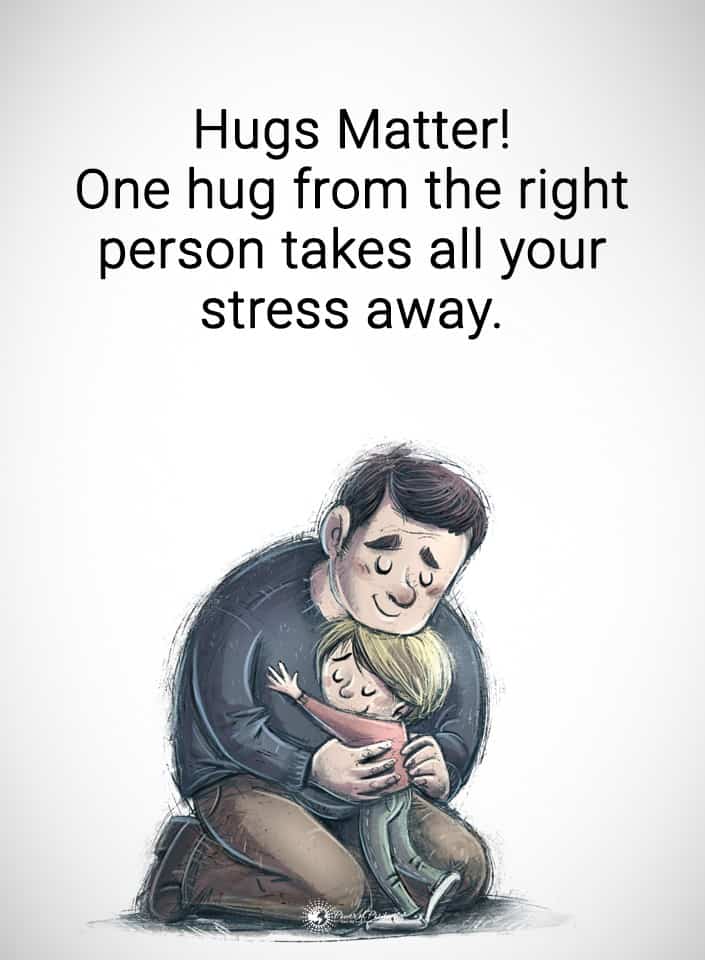A new study discovered a certain type of signature in the brains of those who experience frequent feelings of loneliness. This signature makes them stand out from others who don’t feel lonely as often. In lonely people, researchers noticed variations in the volume of certain brain regions and differences in how those regions communicate with one another. The study was published in the journal Nature Communications on December 15, 2020.
Researchers analyzed the MRI data, genetics, and self-reported psychological assessments of around 40,000 middle-aged and older adults for the study. They volunteered to have this information stored in the UK Biobank, an open-access database that health scientists worldwide have access to. Then, they compared the MRI data of the volunteers who experienced frequent feelings of loneliness to those who did not.
Researchers discovered a few key differences upon further investigation. Most of the differences occurred in the default network within the brain. This region of the brain processes thoughts such as future planning, reminiscing, imagining, and thinking about others.
Key differences in the brains of those who experienced loneliness
- The default networks of lonely people had stronger connections and higher grey matter volume in these regions.
- Loneliness also manifested itself in the fornix. That is a bundle of nerve fibers carrying signals from the hippocampus to the default network. Lonely people had a more well-preserved fornix than those who didn’t experience loneliness.
The brain’s default network helps us remember the past, plan our future, or imagine a desired situation in the present. Researchers believe that the default network correlates with loneliness because lonely people use this area of the brain more often. For example, to cope with their feelings of isolation, they may dwell on the past or focus intently on the future. They may also find comfort in daydreaming or imagining ideal social situations in the present.
“In the absence of desired social experiences, lonely individuals may be biased towards internally-directed thoughts such as reminiscing or imagining social experiences. We know the default network brain regions mediate these cognitive abilities,” says Nathan Spreng from The Montreal Neurological Institute-Hospital of McGill University, and the study’s lead author. “So this heightened focus on self-reflection, and possibly imagined social experiences, would naturally engage the memory-based functions of the default network.”
More people feel lonely in today’s world than ever, and our fast-paced, individualized lifestyles may be to blame. We evolved in small groups to help one another survive, so not everyone feels included in our modern world. With so many different groups, belief systems, and ways of living, some people feel they don’t belong. This causes them to withdraw from social groups, which only worsens the underlying problem.
How loneliness affects mental and physical health
Not only does loneliness take a toll on the mind, but it can also lead to serious physical health problems. Earlier studies have shown that older people who feel lonely have a heightened risk of cognitive decline and dementia. Loneliness can also result in earlier death, hypertension, weakened immune system, and a higher risk of suicide. In the modern world, researchers estimate that loneliness affects about 10-20% of adults who lack companionship and feel left out or isolated from others.
Previous studies have shown that feeling lonely can have a similar effect on obesity or smoking a pack of cigarettes a day. People experiencing loneliness usually have worse mental health, a higher likelihood of developing severe psychiatric disorders, and cognitive decline. They also have a heightened risk of dementia as a result of the neuropathological burden of loneliness. Lonely older adults have nearly double the risk of developing dementia than non-lonely people, even after accounting for mental health factors.
Because humans have evolved to work together in groups to survive, we naturally crave social connections. We actually need them for survival as well as emotional and physical safety. If we can’t cooperate in groups or form bonds with others safely, we start to isolate ourselves due to self-preservation instincts.
Being lonely in society today
Modern society keeps our bodies in constant fight-or-flight mode, as we haven’t yet evolved to process so many stimuli. Our minds may sense a threat around every street corner because they can’t differentiate between emotional and physical stress. Many people work online or from home in today’s world, making the loneliness epidemic even more pervasive.
Of course, not everyone who spends the majority of their time alone feels lonely. Some people feel perfectly content to spend all their time alone, while others crave social connections. It really comes down to individual preferences and personality types. However, for those who have unmet social needs, the feelings of loneliness can become crippling.
In the study, researchers focused on chronic feelings of isolation due to these unmet social needs, which they call ‘trait loneliness.’ This concept differs from the amount of time spent alone or how often a person socializes. As we said above, a person may have very few socialization opportunities and not feel lonely at all. The study aimed to understand the correlation between changes in brain structure and perceived feelings of loneliness.
Says Danilo Bzdok, a researcher at The Neuro and the Quebec Artificial Intelligence Institute, and the study’s senior author:
“We are just beginning to understand the impact of loneliness on the brain. Expanding our knowledge in this area will help us to better appreciate the urgency of reducing loneliness in today’s society.”
Final thoughts: Loneliness affects people in different ways, but it can have severe consequences
Not everyone who spends a lot of time alone feels isolated or lonely, but it can be debilitating for those who do. Loneliness can make a person hyperaware of their environment because they don’t know who to trust or reach. It can cause them to withdraw from society completely, putting a severe strain on their mental and physical health. If you see someone who seems lonely, never hesitate to reach out – you may save their life.
















 Community
Community

